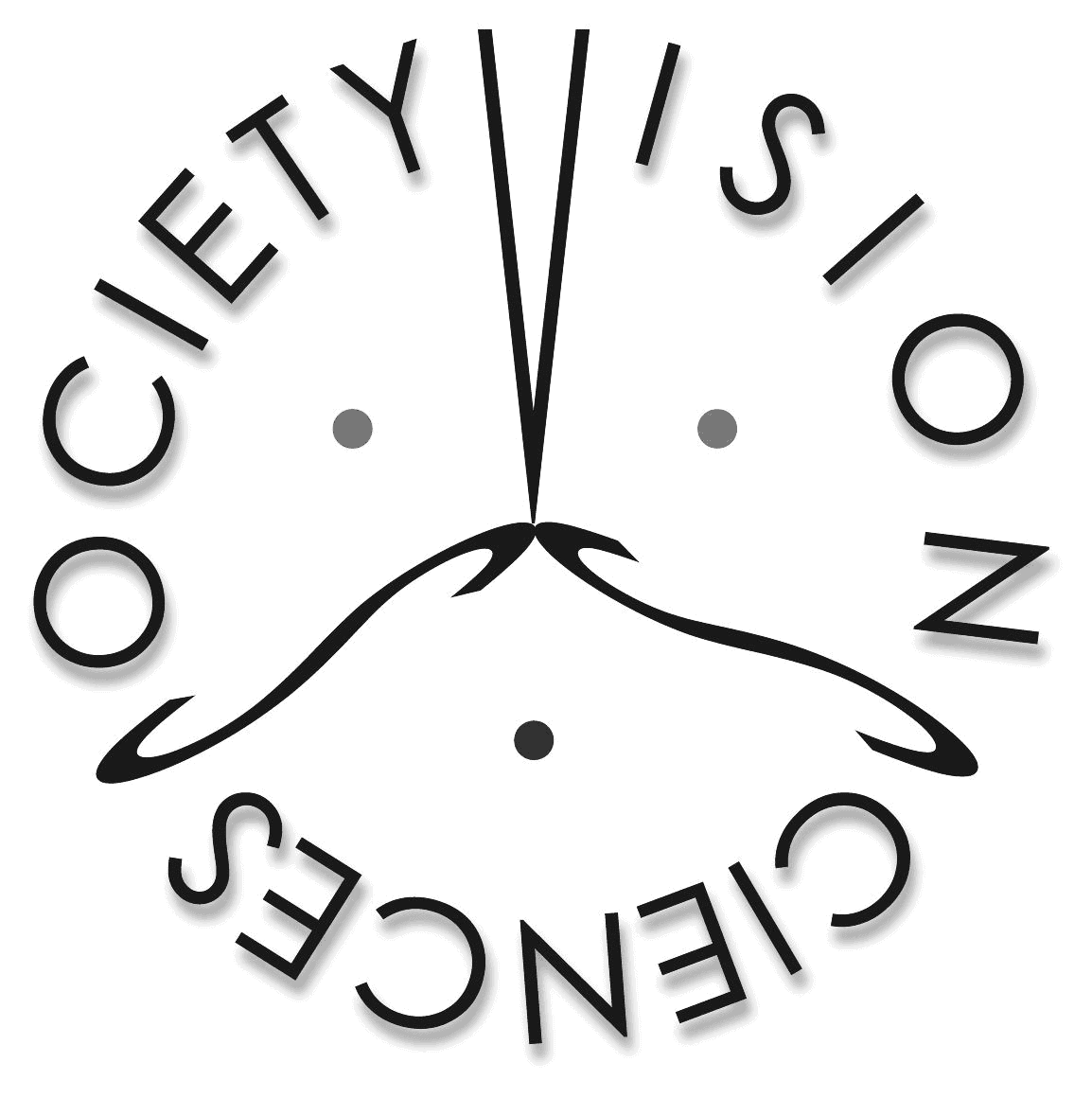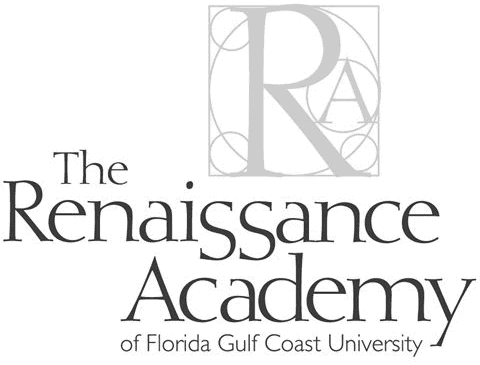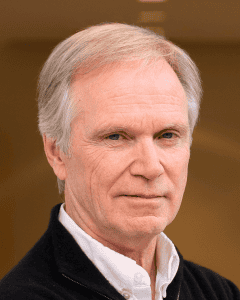
Patrick Cavanagh
Department of Psychology, Glendon College, Toronto, Canada
Using Illusions and Art to Understand the Visual Brain
Monday, May 19, 2025, 3:00 – 4:00 pm, The Dalí Museum, One Dalí Boulevard, St. Petersburg.
Everybody loves illusions. At times, the content on the internet seems to be mostly about illusions – shoes, dresses, straight lines looking bent. This attraction has a long history but illusions are not just for fun, they can also reveal how our vision works. I will present several examples that show how the brain constructs what we see, sometimes in unexpected ways. I will also cover the most compelling of visual illusions: art, where impressions of depth and light arise from nothing more than pigments on a flat surface. Interestingly, painters have discovered many shortcuts that break the rules of physics but go unnoticed. These errors, like impossible shadows, work because our brains take shortcuts too. The errors that painters can get away with reveal which rules do and don’t count for visual perception. We will show how to use art and illusions to do “science by looking” to unlock many of the basic processes of the visual brain.
About our Speaker
Patrick Cavanagh is a Senior Research Fellow at Glendon College of York University in Toronto. He received a B. Eng. from McGill University and a PhD from Carnegie-Mellon University. He has been a professor at the Université de Montréal, Harvard University, the Université Paris Cité and Dartmouth College. He is a leading scholar on vision research where he has pioneered new directions in the study of attention and the position sense – how we know where things are. He has also explored how artists’ techniques offer insight into how the brain works. He has published over 300 articles and book chapters and a book on shadows. He holds an honorary doctorate from the Université de Montréal and is a Fellow of the Royal Society of Canada.
About the VSS Public Lecture
The annual public lecture represents the mission and commitment of the Vision Sciences Society to promote progress in understanding vision and its relation to cognition, action and the brain. As scientists we are obliged to communicate the results of our work, not only to our professional colleagues, but also to the broader public. This lecture is part of our effort to give back to the community that supports us.
Attending the VSS Public Lecture
Admission to the Public Lecture is free. Registration is required. The lecture will be held on Monday, May 19 at 3:00 pm at the Dalí Museum. Located at One Dalí Blvd., St. Petersburg, 33701.
The Dalí Museum is an approximately ten-mile drive from the TradeWinds Island Grand Resort. On-site parking is available for $10 on a first-come, first-served basis. There are also various surface lots, city parking garages and street parking as well as public transportation. Visit the museum website for more information.

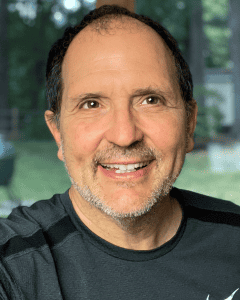
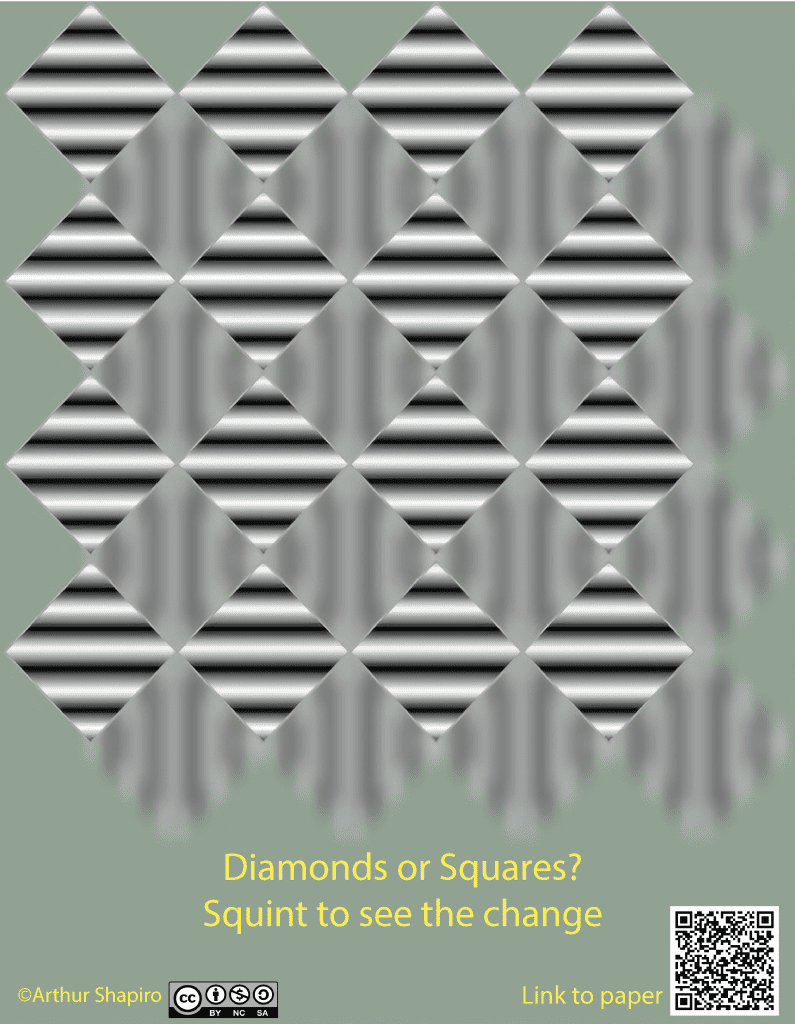
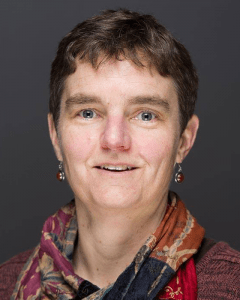
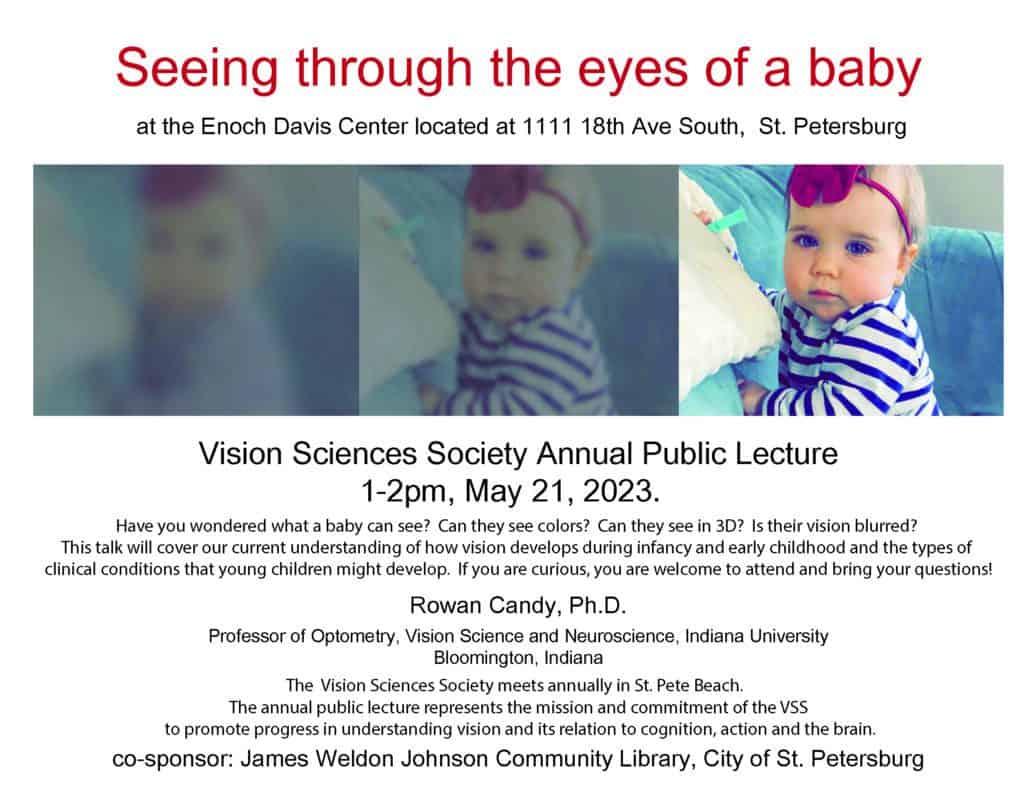
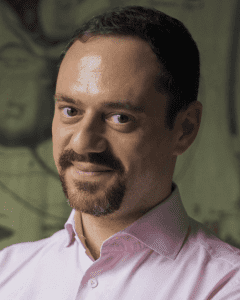 Roland Fleming, PhD
Roland Fleming, PhD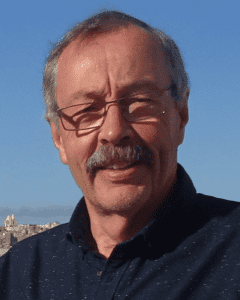 Following the completion of his doctorate (investigating velocity aftereffects) at the University of Cambridge in 1976, Peter Thompson was awarded a Harkness post-doctoral Fellowship from the Commonwealth Fund to study with Jack Nachmias at the University of Pennsylvania. Returning to England in 1978 he took up a lectureship at the University of York, where he has taught for 40 years.
Following the completion of his doctorate (investigating velocity aftereffects) at the University of Cambridge in 1976, Peter Thompson was awarded a Harkness post-doctoral Fellowship from the Commonwealth Fund to study with Jack Nachmias at the University of Pennsylvania. Returning to England in 1978 he took up a lectureship at the University of York, where he has taught for 40 years. Admission to the Public Lecture is free. The lecture will be held on Sunday, May 19 at 2:00 pm at the
Admission to the Public Lecture is free. The lecture will be held on Sunday, May 19 at 2:00 pm at the 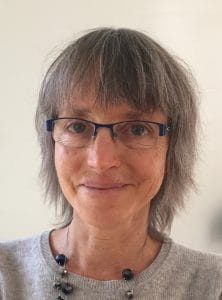 Nancy Kanwisher received her B.S. and Ph.D. from MIT working with Molly Potter. After a postdoc as a MacArthur Fellow in Peace and International Security, and a second postdoc in the lab of Anne Treisman at UC Berkeley, she held faculty positions at UCLA and then Harvard, before returning to MIT in 1997, where she is now an Investigator at the McGovern Institute for Brain Research, a faculty member in the Department of Brain & Cognitive Sciences, and a member of the Center for Minds, Brains, and Machines. Kanwisher’s work uses brain imaging to discover the functional organization of the human brain as a window into the architecture of the mind. Kanwisher has received the Troland Award, the Golden Brain Award, and a MacVicar Faculty Fellow teaching Award from MIT, and she is a member of the National Academy of Sciences and the American Academy of Arts and Sciences. You can view her short lectures about human cognitive neuroscience for lay audiences here:
Nancy Kanwisher received her B.S. and Ph.D. from MIT working with Molly Potter. After a postdoc as a MacArthur Fellow in Peace and International Security, and a second postdoc in the lab of Anne Treisman at UC Berkeley, she held faculty positions at UCLA and then Harvard, before returning to MIT in 1997, where she is now an Investigator at the McGovern Institute for Brain Research, a faculty member in the Department of Brain & Cognitive Sciences, and a member of the Center for Minds, Brains, and Machines. Kanwisher’s work uses brain imaging to discover the functional organization of the human brain as a window into the architecture of the mind. Kanwisher has received the Troland Award, the Golden Brain Award, and a MacVicar Faculty Fellow teaching Award from MIT, and she is a member of the National Academy of Sciences and the American Academy of Arts and Sciences. You can view her short lectures about human cognitive neuroscience for lay audiences here:  Allison Sekuler is Canada Research Chair in Cognitive Neuroscience, Professor of Psychology, Neuroscience & Behaviour, and Associate Vice-President and Dean of Graduate Studies at McMaster University, in Hamilton, Ontario. She received her B.A. with a joint degree in Mathematics and Psychology from Pomona College, and her Ph.D. in Psychology from the University of California, Berkeley. An outstanding teacher and internationally-recognized researcher, Dr. Sekuler has been recognized as an Alexander von Humboldt fellow and an Ontario Distinguished Researcher, and she was named one of Canada’s “Leaders of Tomorrow” in 2004. Her primary areas of research are vision science and cognitive neuroscience. Prof. Sekuler has served on numerous national and international boards in support of science, and is a former Treasurer and Member of the Board of Directors for the Vision Sciences Society. She is a passionate advocate for science outreach, frequently appearing in the media to discuss scientific issues, and currently representing the scientific community on the national Steering Committee for the Science Media Centre of Canada.
Allison Sekuler is Canada Research Chair in Cognitive Neuroscience, Professor of Psychology, Neuroscience & Behaviour, and Associate Vice-President and Dean of Graduate Studies at McMaster University, in Hamilton, Ontario. She received her B.A. with a joint degree in Mathematics and Psychology from Pomona College, and her Ph.D. in Psychology from the University of California, Berkeley. An outstanding teacher and internationally-recognized researcher, Dr. Sekuler has been recognized as an Alexander von Humboldt fellow and an Ontario Distinguished Researcher, and she was named one of Canada’s “Leaders of Tomorrow” in 2004. Her primary areas of research are vision science and cognitive neuroscience. Prof. Sekuler has served on numerous national and international boards in support of science, and is a former Treasurer and Member of the Board of Directors for the Vision Sciences Society. She is a passionate advocate for science outreach, frequently appearing in the media to discuss scientific issues, and currently representing the scientific community on the national Steering Committee for the Science Media Centre of Canada.